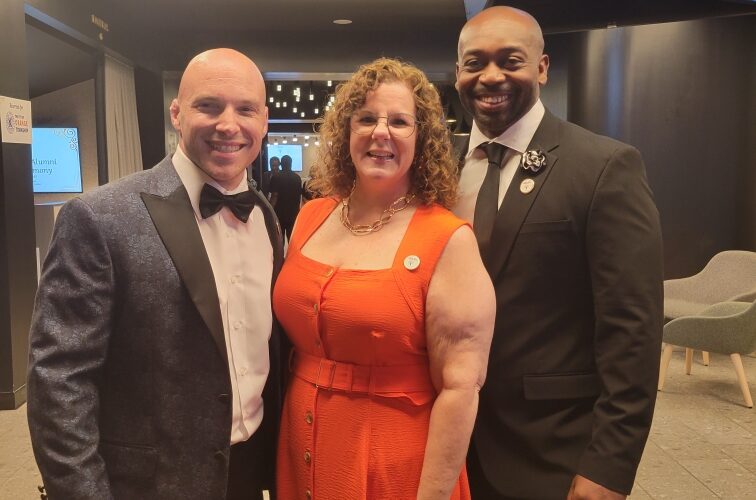Newark, NJ – June 11, 2025 — In a heartfelt and…

Alcohol and substance abuse affect millions of people across the country, with severe consequences for both individuals and their loved ones. Recognizing the signs of addiction early is crucial for preventing long-term damage and helping those affected find their way to recovery. In Newark and Essex, NJ, there are numerous resources available for treatment, but knowing when to seek help and understanding the signs of addiction are the first steps toward healing.
In this blog, we’ll explore the common signs of alcohol and substance abuse, why early intervention is key, and how to seek effective treatment, such as alcohol rehab in Newark NJ and substance abuse treatment in Essex NJ.
Common Signs of Alcohol and Substance Abuse
Addiction manifests in various ways, and recognizing the early warning signs can help you or a loved one get the necessary support. These signs typically fall into emotional, physical, and behavioral categories.
1. Emotional Indicators:
- Sudden mood swings, irritability, or aggression.
- Depression or anxiety that worsens over time.
- Unexplained euphoria or intense lows.
2. Physical Indicators:
- Bloodshot eyes or dilated pupils.
- Rapid weight loss or gain.
- Poor hygiene or neglected appearance.
- Tremors, slurred speech, or lack of coordination.
3. Behavioral Indicators:
- Increased secrecy or lying about activities.
- Decline in work or school performance.
- Withdrawal from family and social activities.
- Engaging in risky behaviors, such as driving under the influence.
Recognizing these signs of alcohol addiction or substance abuse in yourself or someone else is the first step. It’s important not to dismiss these changes, as early detection can lead to more effective treatment.
The Importance of Early Intervention
Acting early in cases of addiction can dramatically improve the chances of a successful recovery. The longer alcohol or drug abuse continues, the more damage it can do to a person’s physical health, mental well-being, and relationships.
Intervening early not only reduces the health risks associated with prolonged substance abuse but also makes the recovery process less daunting. Programs such as alcohol and drug treatment programs in Essex NJ offer specialized care tailored to different stages of addiction, providing the right level of support when needed most. Early treatment can help individuals regain control before addiction takes a deeper toll.
How to Seek Help
If you or someone you care about is showing signs of addiction, seeking professional help is essential. Newark and Essex County offer a range of addiction recovery services, including detox, rehab, and counseling. Here’s what you can do:
1. Detox Programs:
Detoxification is often the first step in addressing addiction. It safely manages withdrawal symptoms under medical supervision. Alcohol rehab in Newark NJ provides medically assisted detox programs to ensure a safer and more comfortable transition to sobriety.
2. Inpatient and Outpatient Rehab:
Depending on the severity of the addiction, patients may benefit from either inpatient or outpatient care. Inpatient rehab offers a structured environment for more severe cases, while outpatient rehab allows individuals to receive treatment while continuing their daily activities. Both options are available for substance abuse treatment in Essex NJ.
3. Counseling and Therapy:
Counseling plays a significant role in long-term recovery. Cognitive-behavioral therapy (CBT) and group therapy are common approaches used in addiction treatment. These therapies help address the underlying issues that contribute to addiction and teach coping mechanisms for life after rehab.
Conclusion
Recognizing the signs of alcohol and substance abuse and seeking help as early as possible can make a significant difference in the recovery process. If you or someone you know is struggling with addiction, there are supportive and effective resources available in Newark and Essex, NJ. Don’t let the fear of stigma or uncertainty prevent you from reaching out for help—recovery is possible, and there is hope for a brighter future.
If you’re ready to take the first step, contact a local alcohol and drug treatment program today to explore your options and start your journey toward healing.



